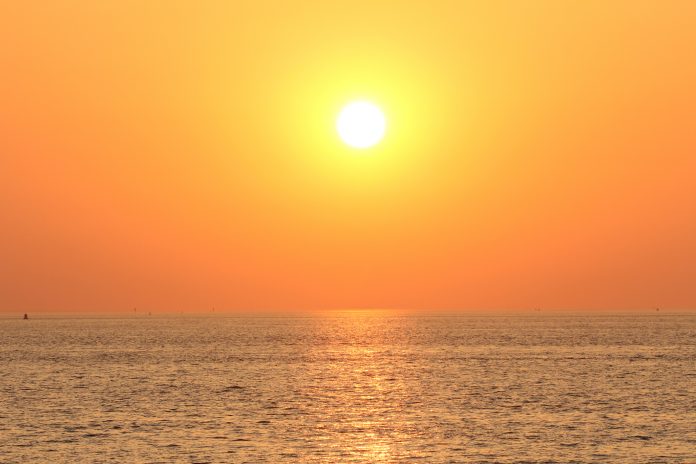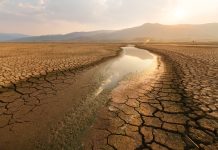Marine heat waves and prolonged periods of hot ocean temperatures have raised alarms for their detrimental impacts on marine ecosystems – how resilient are our coasts?
However, a recent study led by Rutgers University has brought some unexpected news – coastal fisheries appear to possess remarkable resilience to the scourge of oceanic heat waves.
Unfazed fisheries amidst marine heat waves
In contrast to the devastation witnessed in other marine environments, such as coral bleaching and harmful algal blooms, fisheries that sustain a significant portion of the world’s population remain surprisingly unfazed by oceanic heat waves.
Alexa Fredston, the study’s lead author, underscores this resilience, stating, “We don’t see evidence that marine heat waves are wiping out fisheries.”
Studying the impact of heatwaves
Published in Nature, the study analysed data from 1993 to 2019, assessing commercially vital fish species like flounder, pollock, and rockfish in North American and European continental shelf ecosystems. Surprisingly, despite some declines in biomass in isolated cases, heat waves in the marine were found to have an overall negligible effect on regional fish communities.
Marine ecosystems are inherently variable, and fish populations exhibit significant fluctuations. While oceanic heat waves can drive localised changes, hundreds of such events showed no lasting impacts on fisheries.
Fish can seek refuge in calmer waters during these heat waves, preserving their populations.
Rolling the dice in the ocean
The study identified exceptions, such as the infamous “Blob” heat wave of 2014-2016, which caused a 22 per cent biomass loss in the Gulf of Alaska. Conversely, a 2012 heat wave in the Northwest Atlantic resulted in a 70% biomass gain. Nevertheless, these effects did not deviate significantly from natural variability, emphasizing the unpredictability of heatwave impacts on fisheries.
In conclusion, while heat waves have wreaked havoc on various marine ecosystems, coastal fisheries display a resilience that defies expectations. Researchers are left with a sense of uncertainty, likening the impact of oceanic heat waves to rolling the dice – an unpredictable gamble for the future of marine life.











